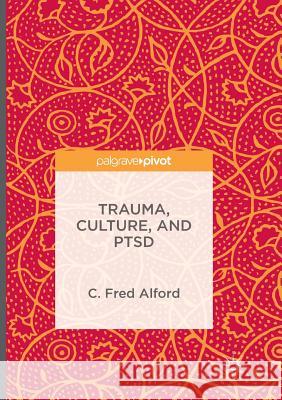Trauma, Culture, and Ptsd » książka
topmenu
Trauma, Culture, and Ptsd
ISBN-13: 9781349954100 / Angielski / Miękka / 2018 / 125 str.
Kategorie:
Kategorie BISAC:
Wydawca:
Palgrave MacMillan
Język:
Angielski
ISBN-13:
9781349954100
Rok wydania:
2018
Wydanie:
Softcover Repri
Ilość stron:
125
Waga:
0.17 kg
Wymiary:
21.01 x 14.81 x 0.74
Oprawa:
Miękka
Wolumenów:
01
Dodatkowe informacje:
Wydanie ilustrowane











